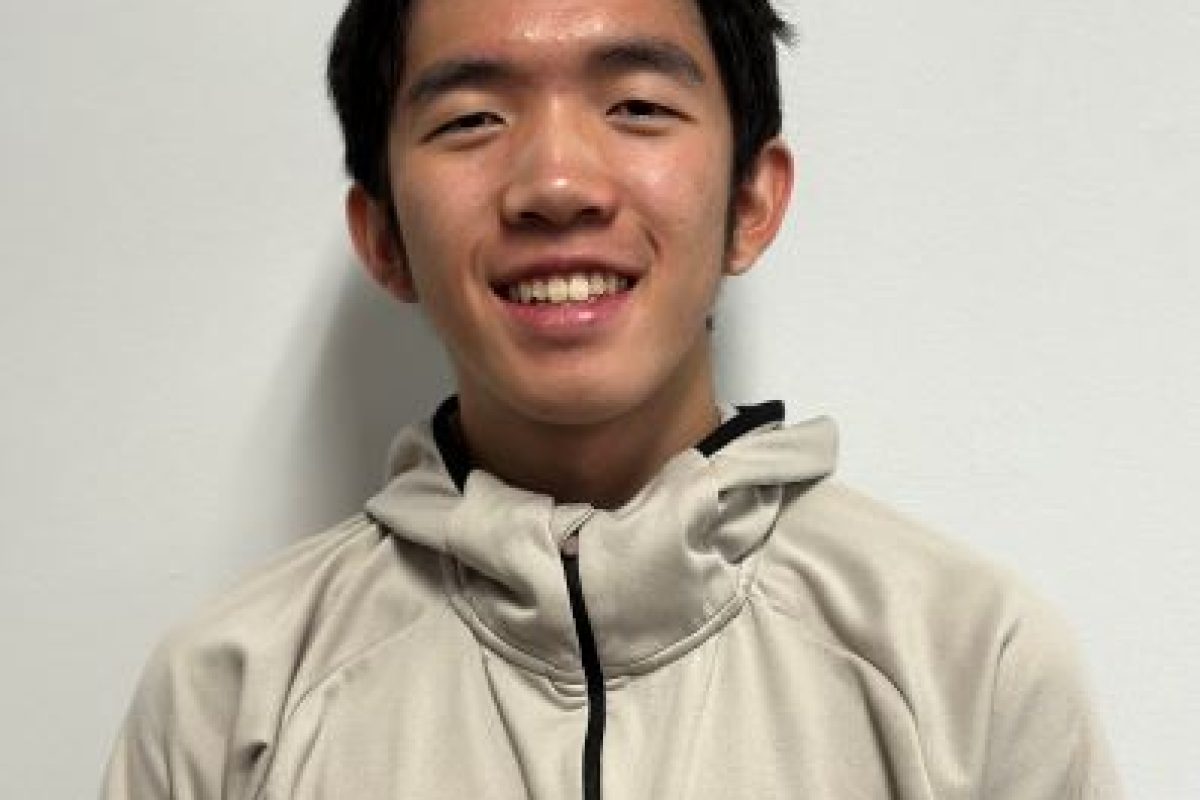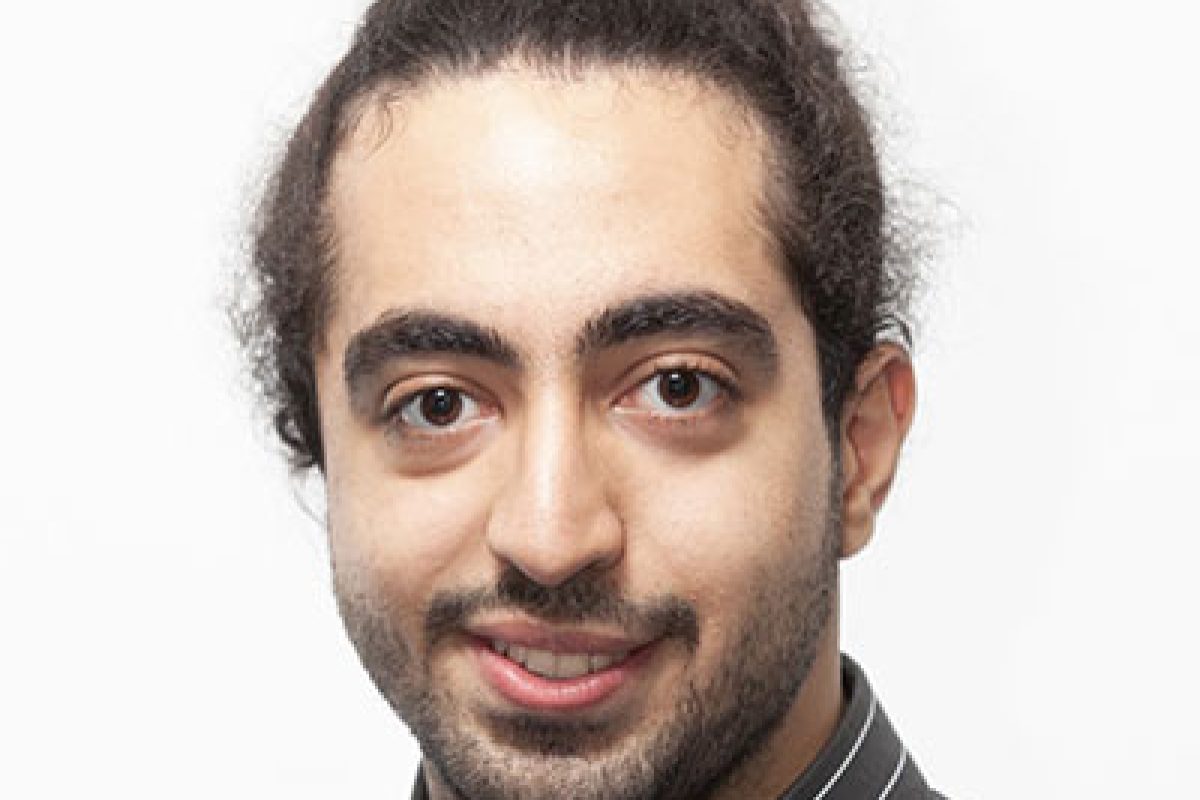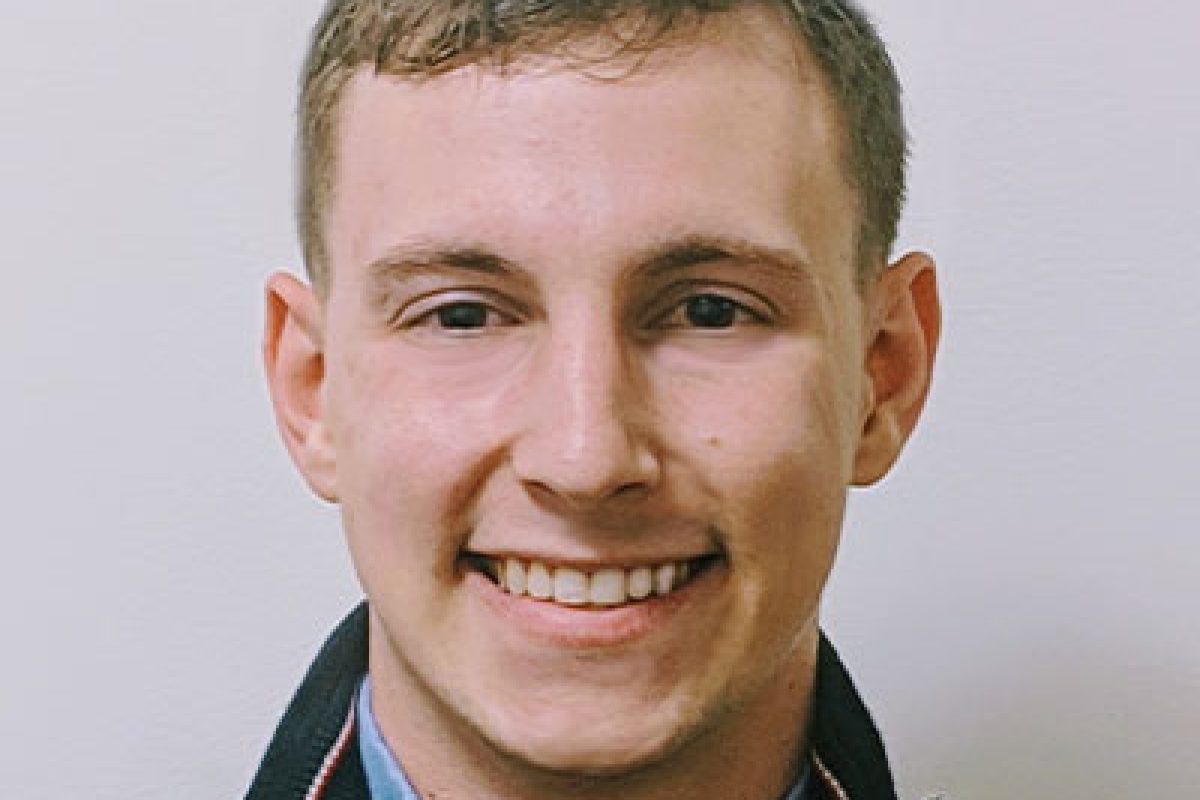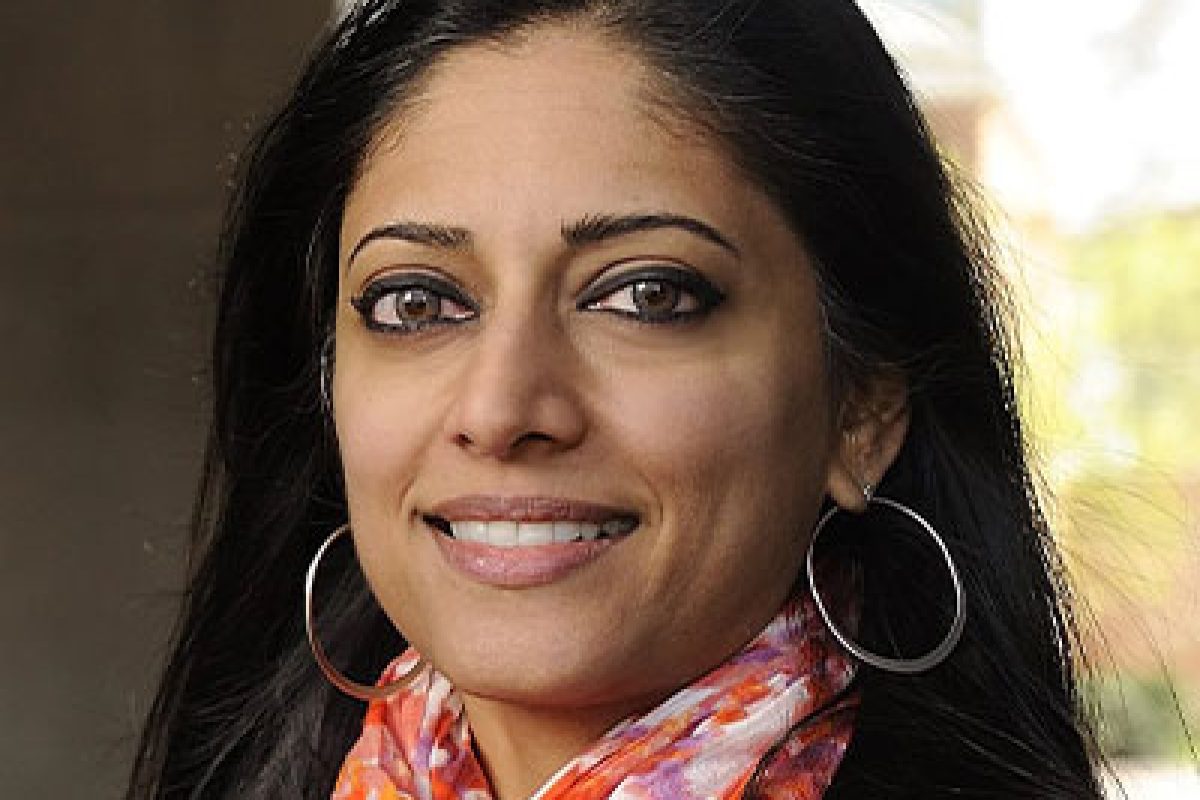Autumn Williams is a PhD candidate in the Biomedical Engineering Department at the Johns Hopkins University with a BS+MEng in Operations Research from Cornell University and an MS in Biomedical Engineering. Prior to joining the graduate program at Hopkins, she worked as a Senior Analyst in Clinical Integration Services for MedStar Health. At Hopkins, she is investigating quantitative electrophysiological biomarkers of disorders of consciousness. Her research interests include neural signal processing, biostatistics, machine learning, and neuroethics.
Daniel Wang
Daniel Wang is an undergraduate student majoring in Biomedical Engineering and Applied Mathematics & Statistics. He’s fascinated by the brain sciences and is interested in learning more about how brain-computer interfaces can be used to help people living with disabilities. As hobbies, he enjoys running, reading, and (slowly but surely) improving his novice chess skills.
Amir Hossein Daraie
Amir Hossein Daraie is a PhD candidate in the Biomedical Engineering Department at The Johns Hopkins School of Medicine and an M.Eng. student at the Applied Mathematics and Statistics at Johns Hopkins University. He is working on epilepsy seizure prediction, brain stimulation, and seizure network analysis under Professor Sridevi Sarma, Dr. Adam Charles and Dr. Joon Yi-Kang, MD. He earned his dual bachelor’s degree in biomedical and electrical engineering at Tehran Polytechnic. He worked as a research intern at Donders Centre for Cognitive Neuroimaging,
Netherlands. At the Donders Sleep & Memory Lab he developed soft- and hardware solutions for home-based sleep recordings and sleep modulation using single-electrode EEG and deep and machine learning algorithms under the supervision of Prof. Martin Dresler. He has several years of experience as a software developer and embedded system designer in international robotics competitions, RoboCup.
Patrick Myers
Patrick Myers earned his BS and MSE in Biomedical Engineering from the Johns Hopkins University. His recent research includes creating a network-based biomarker for epilepsy, generated from analyzing scalp EEG recordings. He is currently a Doctor of Engineering candidate in the Neuromedical Control Systems Laboratory and Assistant Research Scientist with the Institute of Computational Medicine. For this program, he is collaborating with Dr. Yun Guan to develop a robust closed-loop stimulation system to control chronic pain.
Sridevi V. Sarma
Dr. Sridevi Sarma is a Professor of Biomedical Engineering and Vice Dean for Graduate Affairs at the Whiting School of Engineering at Johns Hopkins University. She earned her B.S. in Electrical Engineering from Cornell University and her M.S. and Ph.D. in Electrical Engineering and Computer Science from MIT. After co-founding a data analytics company, she completed a postdoctoral fellowship in Brain and Cognitive Sciences at MIT.
Her research focuses on modeling and controlling neural systems using electrical stimulation, with applications to epilepsy, chronic pain, and psychiatric disorders. She leads NeuroTech Harbor, an NIH Blueprint MedTech Hub, and is a recipient of an NIH Research Investigator Award. Dr. Sarma’s honors include the PECASE award, the Burroughs Wellcome Fund Career Award, the AIMBE Fellowship, and the Whiting School’s Robert B. Pond Excellence in Teaching Award.







